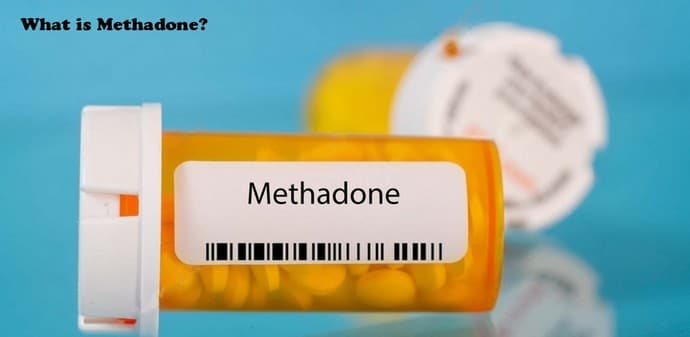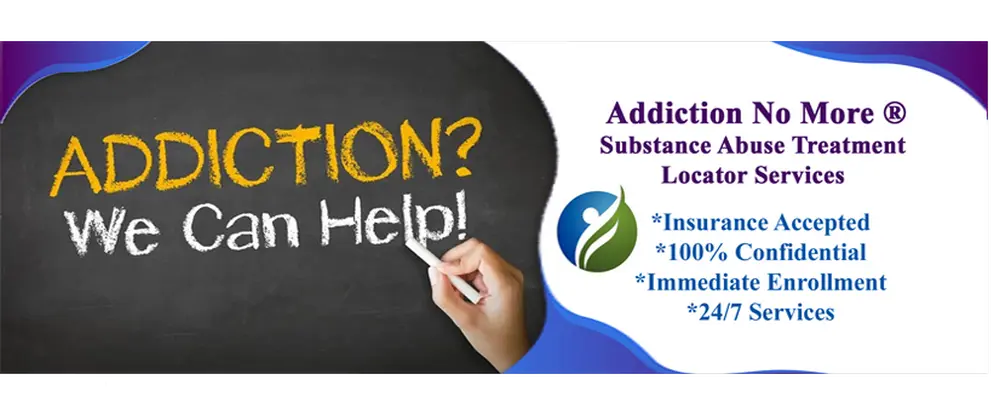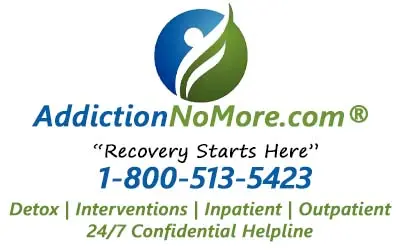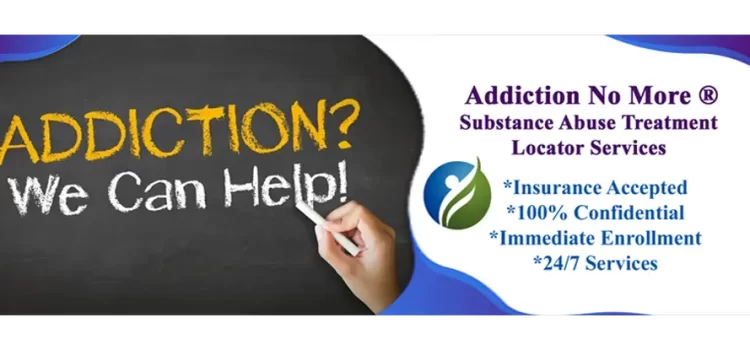Methadone Maintenance, Treatment, and Detox
When taken as prescribed, methadone can be safe and effective in the treatment of both chronic pain and opioid use disorders. When a person starts methadone treatment for opioid dependency, they will take a daily dose of methadone as a liquid or a pill. This will reduce the withdrawal symptoms and cravings for opioids, or heroin.Please contact us by phone for immediate assistance. This is a necessary step in beginning the recovery process for yourself or for a loved one. Our addiction treatment specialists and staff have over 25 years of experience in helping people find effective and affordable treatment for all addictions. What you tell us is completely confidential. We are HIPAA compliant. We are here to answer your questions and to get you (or a loved one) into treatment today. For immediate intake, call us now.
1-800-513-5423
What you will learn:
What is Methadone?
Is methadone addictive?
Methadone Treatment and Recovery
Methadone side effects
Benefits of Methadone for OUD
Methadone Detox
Methadone Treatment
How to get help for methadone dependency?

What is Methadone?
Methadone is a medication that has been used to treat opioid use disorder (OUD) since the 50’s. Methadone is an opioid like heroin or opium. Methadone is classified as a long-acting full opioid agonist and a Schedule 2 controlled medication. Methadone is used to treat someone with a diagnosed OUD and can be prescribed through a SAMHSA-certified OTP. Methadone has been approved for OUD treatment through the FDA as well as for pain management. Methadone helps people recover from opioid use disorders and helps them reclaim their lives. Methadone promotes sustained recovery when it is used as one component of treatment that can include counseling, vocational, educational, and other treatment services. Federal law 42 CFR 8.12 states that when methadone is dispensed for treating opioid use disorder the same facility must provide counseling services along with medical, vocational, and other assessment treatment services.
Is methadone addictive?
Methadone is an opioid, that can produce a euphoric state in people who are not addicted to opioids. As a Schedule 2 narcotic, it has a high potential for dependency and addiction. Methadone misuse can become a problem for those who do not have a high tolerance to opioids, which can lead to dependence, addiction, and overdose in some cases. Methadone is addictive just like other opioids but is safer to use and is not the same as being addicted to other opioids. Methadone is taken orally under medical supervision which will allow the doctor to adjust the dosage to help the patient recover without intense withdrawal symptoms.
Studies have shown when methadone is used in treating people with a high tolerance to opioids, as opposed to those that do not have a tolerance to opioids it will have different effects. For those who have a high tolerance to opioids, methadone does not produce a high but rather alleviates the withdrawal symptoms and minimizes cravings. When used recreationally it can create a euphoric state of feeling that can lead to dependency. The majority of methadone misuse and overdoses have been attributed to people obtaining the drug from an unauthorized source, or drug dealer for the main purpose of alleviating withdrawal symptoms or cravings. Not knowing the dosage needed to alleviate withdrawal symptoms can lead to accidental overdose.
Methadone overdose deaths are most often attributed to methadone being prescribed for pain and not for OUD treatment. Is methadone addiction possible? Yes, it is. Is it associated with OUD treatment? Not very often but it does happen. Those who are heroin dependent will spend most of their time trying to procure and use their heroin. This can require the individual to involve themselves in criminal activity like stealing, to cover the costs of maintaining their heroin addiction. With Methadone, patients do not need to do this and can now focus their energy on productive activities such as education, employment, and parenting.

Methadone Treatment and Recovery
Methadone treatment and recovery have been shown to help those with high tolerances to opioids overcome the addiction while helping them taper down without the need for an expensive detoxification program. Methadone tapering programs offer a sustainable way for most people struggling with opioid addiction to lead a productive life while slowly tapering off methadone. Methadone tapering programs will help individuals reduce cravings for opioids while alleviating withdrawal symptoms. This allows the person to be able to continue with work, family, and other responsibilities while undergoing treatment for an opioid dependency.Methadone Side Effects
All pharmaceuticals have side effects including methadone. Some of the potential side effects can include:
*Constipation
*Slowed breathing
*Heavy sweating
*Sexual disfunction
*Nausea
*Restlessness
For some people, more serious side effects can include:
*Lightheadedness
*Chest pains, and fast pounding heart
*Difficulty breathing and or shallow breathing
*Hallucinations or confusion
Withdrawal Symptoms:
*Yawning
*Insomnia
*Nausea, vomiting, diarrhea
*Runny nose
*Watery eyes
*Fever, chills and sweating
*Anxiety
*Irritability
*Restlessness
When methadone is prescribed by a doctor and is taken as prescribed, methadone can be a safe alternative to illicit drug use. Methadone is a long-acting drug, and the potential for overdose may increase when it is not used as directed or prescribed. For more information or to find a Methadone clinic near you, call now.
1-800-513-5423

Benefits of Methadone when used for opioid use disorders
When used as directed, Methadone can reduce craving and withdrawal symptoms for those struggling with opioid use disorder. Methadone has some other benefits that can help people who are using opioids like heroin or pills.Methadone reduces the risks of overdose-related deaths
Methadone reduces the risk of cellulitis, (a skin infection commonly associated with injecting drugs).
Methadone reduces the risk of contracting HIV and Hepatitis C
Methadone decreases the need for criminal activity and behaviors

Methadone Detox
If methadone is used as prescribed for treating addiction, people can continue the treatment as long as it is beneficial to them as prescribed. If methadone dependence has developed due to overuse or if the individual wants to discontinue use on their own, it is important to seek medical help and advice before trying to stop the treatment abruptly. Withdrawal and detoxification will generally start within 36 hours after the last dose and can last from days to weeks. Do not stop your methadone treatment without consulting a doctor and always remember that tapering slowly will reduce the health risks that can ensue with stopping treatment abruptly.Methadone detoxification involves medication protocols that are like opioid dependency. The detox will involve medications and protocols to alleviate pain and discomfort. Detox is often the first step in the recovery process that can include several different levels of care, like inpatient treatment programs, outpatient services, aftercare planning, and telehealth updates/support.
Methadone Treatment
When you or someone you care about is struggling with opioid use disorder, it is often best to enroll in an inpatient drug rehab center. Treatment plans are not a one size fits all approach and are dependent on your goals and needs when developing a treatment plan that will work for you. Treatment specialists and doctors will assist you to help you make decisions about methadone treatment options as part of a detox or an ongoing opioid use disorder treatment (OUD).
How to get help for methadone dependency?
As mentioned above, do not stop your methadone dosage without consulting a doctor or healthcare professional to avoid serious health complications. If you are ready to learn more about methadone treatment and detoxification, Addiction No More can help you. There is a network of treatment centers across the United States with accredited inpatient facilities, detox centers, and outpatient services. These centers are in-network with most insurance providers that will cover part or most of the treatment costs, depending on your policy and benefits.Our intake specialists are available 24/7 for free and confidential consultation. They will be able to help you make an informed decision as to which type of program is right for you. Our intake specialists can answer all your questions, discuss financial and payment options, and verify your insurance benefits online at no cost to you.
1-800-513-5423
Sources
Drug scheduling
How methadone is used
What is methadone
Medications for the Treatment of Opioid
Erik Epp – Content Author





